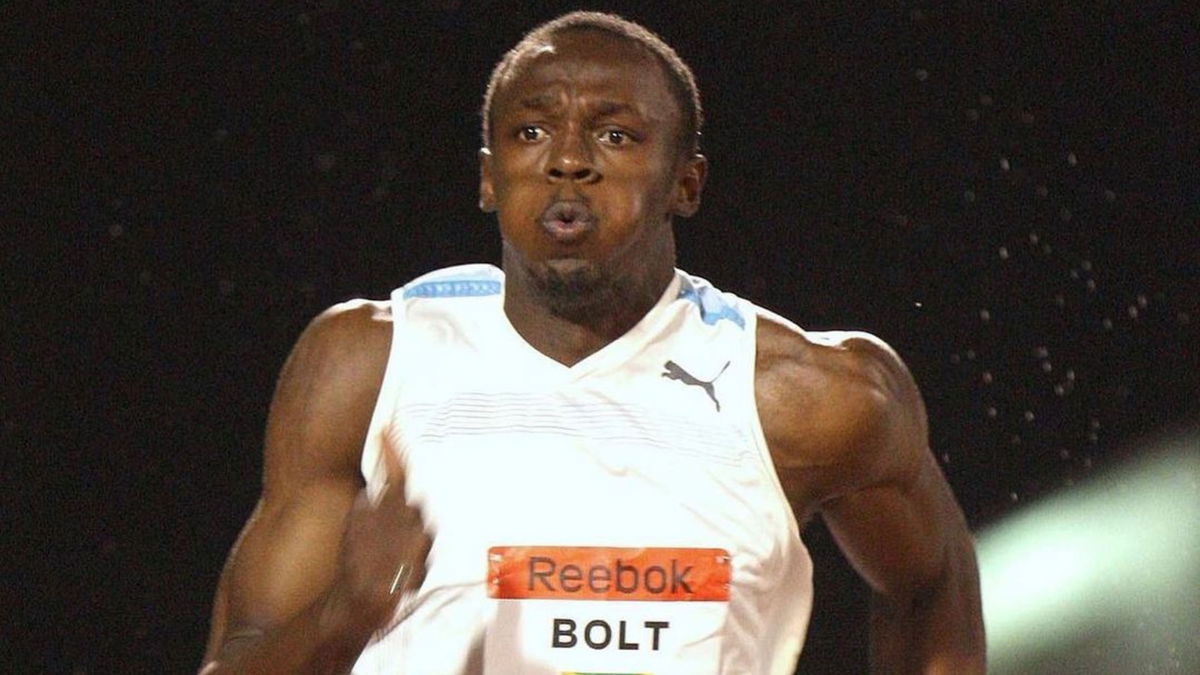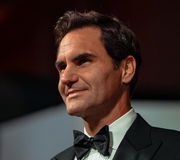

Finally, the moment of reckoning is here. But without a few bumps in the road, it wouldn’t be the Olympics, right? Just one day before the opening ceremony on June 25th, athletes have been fuming over food shortages and unmet dietary promises. Have you ever wondered how an athlete would perform if he/she has no fuel in the tank? Scary, right? Indeed. Ensuring that the 10,000 athletes arriving in Paris were properly fed and nourished was a critical responsibility for the organizers. Unfortunately, it seems they’ve dropped the ball. This situation, regrettably, brings to mind Usain Bolt’s experience at the 2008 Olympics, where he had to eat the same food for ten days to meet his nutritional needs. It appears that, once again, history may be repeating itself!
Watch What’s Trending Now!
On July 25th, reports surfaced of several athletes voicing concerns over a food shortage at the Olympic Village in Paris. Competitors highlighted that the available quantity of crucial items, such as eggs and grilled meats, has been insufficient. Shortages of these protein-rich items have become evident, affecting both vegetarian and omnivorous athletes as athletes need much energy and nutrients at this time. Also, Paris promised gourmet foods and Michelin-standard cuisines but it seems the British Olympic team is not happy with it.
ADVERTISEMENT

Another issue that surfaced was British athletes accusing the Paris hosts of serving raw meat, which prompted them to hire an additional chef for their alternative restaurant. To address their needs, the British Olympic Association had enlisted an entire catering college in nearby Clichy as their performance base.
ADVERTISEMENT
Andy Anson, CEO of the British Olympic Association, voiced serious concerns, stating, “There are not enough of certain foods: eggs, chicken, certain carbohydrates. And then there is the quality of the food, with raw meat being served to athletes,” he said. “They have got to improve it over the next couple of days dramatically.” This food quality issue is reminiscent of the 2008 Beijing Olympics, where Usain Bolt also faced dietary challenges.
ADVERTISEMENT
Usain Bolt’s smart move cemented his legendary status
During the 2008 Beijing Olympics, athletes encountered a real can of worms when it came to food options. China at that time, just before the Olympics, was grappling with several food safety scandals, including contaminated milk products, which put a damper on the Games. These scandals raised red flags for international athletes and their teams, who were understandably worried about the safety of local fare. As a result, many athletes and their teams chose to tread carefully, steering clear of local cuisine due to fears of contamination and quality concerns.
So, Usain Bolt made a smart move! He too faced with concerns about local food safety, so Bolt opted for a steady diet of 1,000 McDonald’s Chicken McNuggets-100 per day over ten days at the Athletes’ Village. Bolt revealed at that time, “They were the only food I could properly trust which wouldn’t affect my stomach. On arriving at the [pre-Olympic] training camp I’d tried a local Chinese meal, which wasn’t like the ones we we eat in the West, and my body didn’t react well. So, knowing I could rely on nuggets.”
Top Stories
Greg Biffle’s $4M Worth Prized Possession Still Without a Buyer Leaves NASCAR Fans Heartbroken

LIV Golf Braces for Another Possible Exit in Wake of Brooks Koepka Departure

Sean Payton Announces Retirement Plans as Broncos HC Demands Improvement From Bo Nix & Co. Before Playoffs

Biff Poggi All But Confirms Bryce Underwood’s Michigan Future After Announcing His Own Departure

Roger Federer Draws Criticism from Swiss Government Chief for Tourism Boom in Country

Amanda Balionis Confirms New Relationship Ending Months of Rumors

He further said, “I made up my mind that was all I would eat. And eat them I did, for breakfast, lunch and dinner, washed down with bottled water.” This diet clearly didn’t slow him down, as Bolt went on to shatter world records in the 100m (9.69 seconds), 200m (19.30 seconds), and 4x100m (37.10 seconds). Well, whose turn is now to break records?
ADVERTISEMENT
ADVERTISEMENT
ADVERTISEMENT
ADVERTISEMENT

